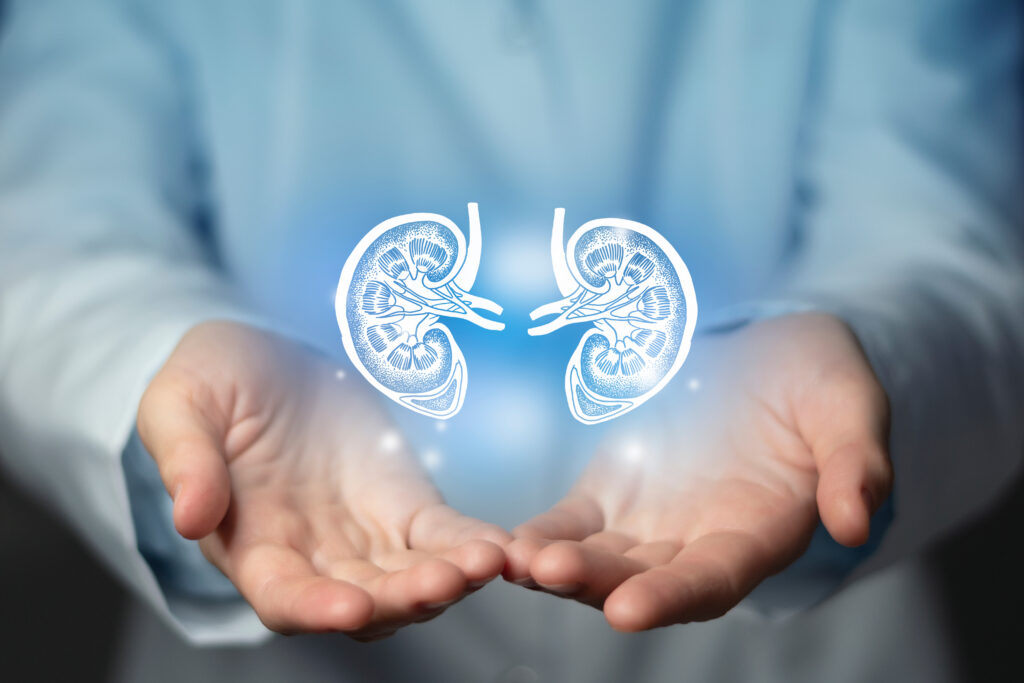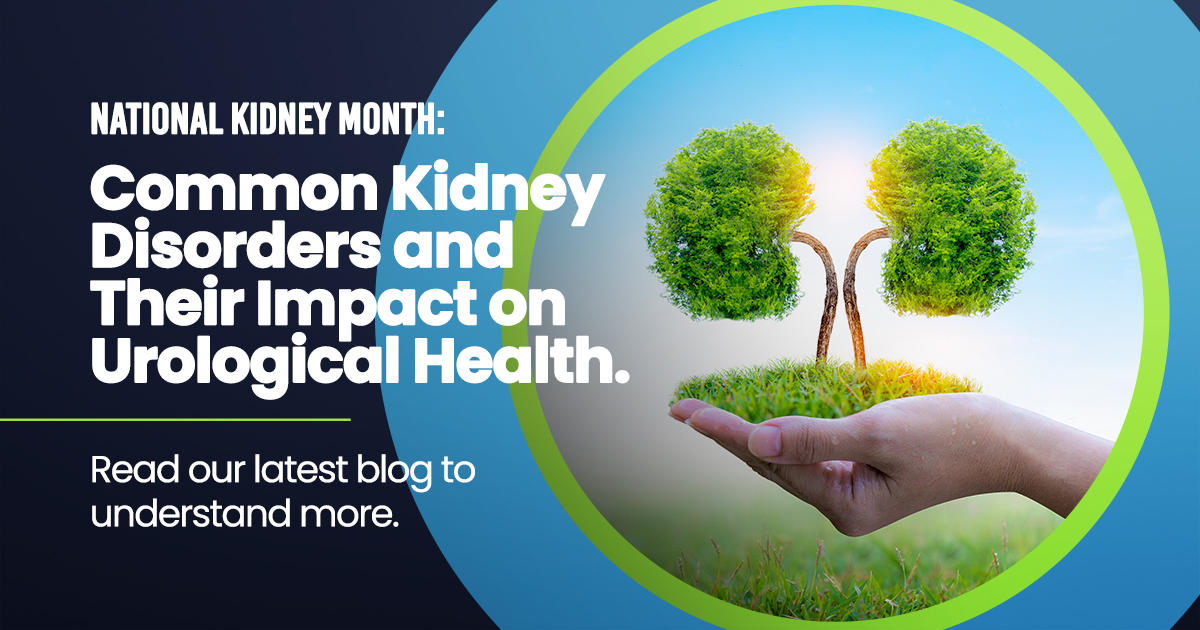March is National Kidney Month, a time dedicated to raising awareness about kidney health and the importance of early detection and prevention of kidney diseases. Among the vital organs in our body, the kidneys play a crucial role in filtering waste and excess fluids from the blood, regulating blood pressure, and maintaining electrolyte balance. However, various disorders can affect the kidneys, leading to significant consequences for urological health. Let’s dive into some common kidney disorders and their impact:
Chronic Kidney Disease (CKD)
CKD isn’t something that happens overnight. It’s more like a slow burn, gradually wearing down your kidney function over time. Sneaky, right? It can be caused by things like high blood pressure, diabetes, or even just getting older. As your kidneys start to struggle, you might notice things like feeling tired all the time, swollen ankles, or having to pee more often than usual. If left unchecked, CKD can lead to some serious complications down the road, like end-stage renal disease.
Kidney Stones
Picture this: tiny crystals forming in your kidneys, gradually growing into stone-like structures.
These stones can range in size from tiny grains to larger, obstructive masses. The symptoms of kidney stones often include severe pain in the back, side, abdomen, or groin, accompanied by nausea, vomiting, and blood in the urine. While small stones may pass on their own, larger stones may require medical intervention, such as lithotripsy or surgical removal, to prevent urinary tract obstruction and associated complications.
Urinary Tract Infections (UTIs)
Ah, UTIs – the bane of many people’s existence. They’re caused by pesky bacteria making themselves at home in your urinary tract. Women are probably more familiar with them, but anyone can get a UTI. Symptoms can include burning when you pee, the constant urge to go, and even seeing blood in your urine. Ignoring them can spell trouble, potentially leading to a full-blown kidney infection.

Polycystic Kidney Disease (PKD)
PKD is a genetic disorder that causes the growth of fluid-filled cysts in the kidneys, causing them to enlarge and lose function over time. Those with PKD may experience symptoms such as abdominal pain, hypertension, blood in the urine, and recurrent kidney infections. In addition to kidney complications, PKD can also affect other organs, including the liver, pancreas, and heart. Management of PKD focuses on symptom relief, blood pressure control, and monitoring for complications like kidney failure and aneurysms.
Glomerulonephritis
Say that three times fast – or better yet, let’s just call it inflammation of the kidney filters that are responsible for removing waste and excess fluids from the blood. This condition may result from infections, autoimmune diseases, or exposure to toxins. Symptoms can vary but often include blood in the urine, foamy urine, hypertension, and swelling in the face, abdomen, or legs. Treatment depends on the underlying cause and may involve medications to reduce inflammation and control blood pressure.
While these kidney troubles might throw a curveball at your urological health, knowing the signs and staying on top of your overall well-being can help you navigate them like a pro. This National Kidney Month, let’s give our hardworking kidneys the attention they deserve and make a pact to keep them happy and healthy for years to come. Call (214) 580-2266 or visit urologyclinics.com to schedule an appointment with one of our healthcare providers for personalized advice and guidance tailored to your specific needs and circumstances! Cheers to good kidney health!



